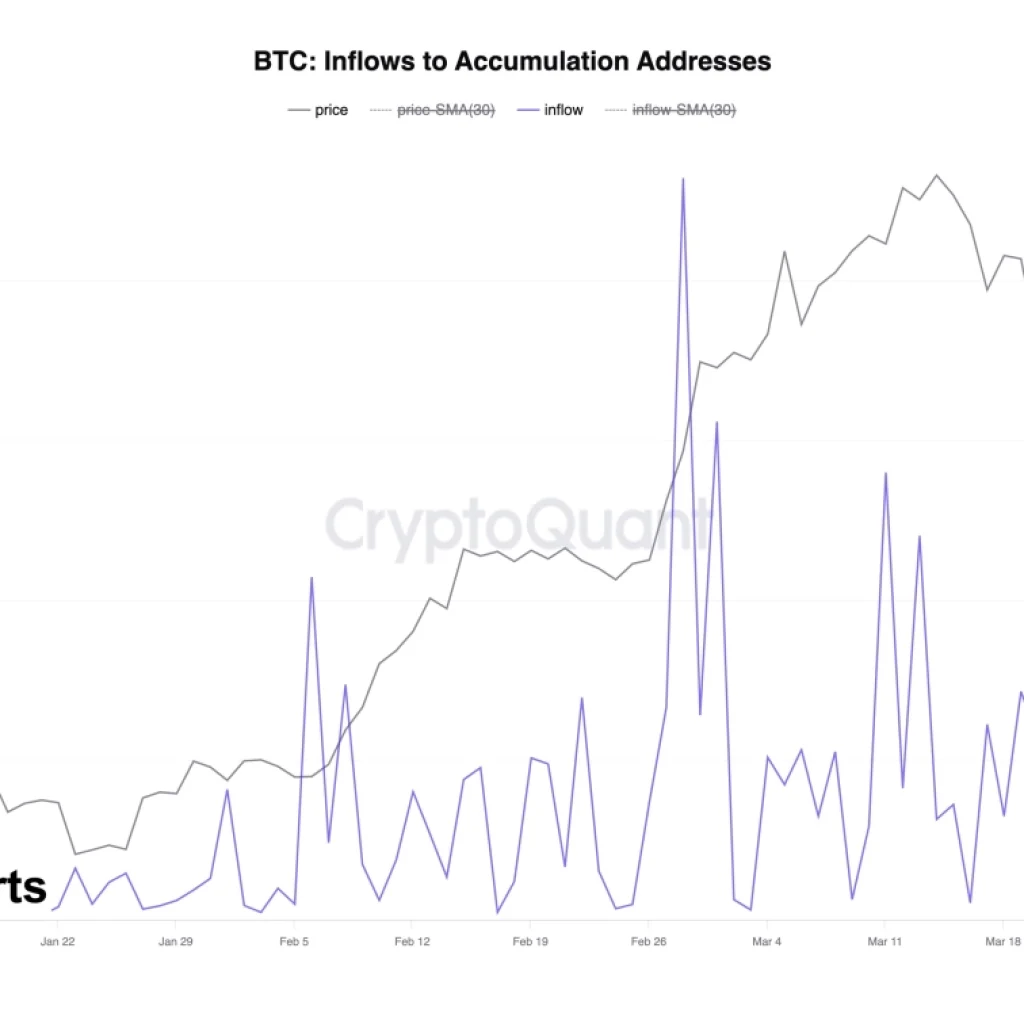Since its inception in 2009, Bitcoin has carried the flag of financial rebellion, with its creator Satoshi Nakamoto embedding a clear message of defiance against traditional financial institutions within its very first transaction batch.
Bitcoin was destined to be more than just digital cash; it was a revolution set to upend the world of banks, governments, and regulators.
Now, more than a decade later, the financial world is at a crossroads, with Bitcoin at its epicenter, albeit with a twist that not everyone saw coming.
The Roller Coaster of Bitcoin and the Promise of ETF
Bitcoin’s journey has been anything but linear. From its punky, scornful start, it has become a global phenomenon, with its value seeing astronomical highs and devastating lows.
Recently, it clawed its way back up to around $35,000, wiping out losses from previous market turmoil. This resurgence, however, wasn’t spurred by a groundbreaking innovation or a massive adoption wave.
Instead, it stemmed from a hint, a mere possibility of Bitcoin Exchange Traded Funds (ETF) receiving a green light from U.S. regulators.
The anticipation has been building for months around the potential approval of a cash Bitcoin ETF by BlackRock, the world’s largest asset manager.
A Bitcoin ETF would allow investments directly in Bitcoin and trade seamlessly, just like any other asset on the New York Stock Exchange.
The very idea of such an integration into traditional finance has been enough to keep the market on edge and even spark false-rumor fueled spikes in Bitcoin’s value.
This has led to speculation that an ETF approval could flood the market with new investments, boosting liquidity in a space that has long struggled with it.
The Dissent and the Dollar: A Clash of Ideals
Yet, this move towards a Bitcoin ETF, a seeming victory lap for crypto, has not been met with unanimous applause. For the old guard, the long-time believers in Bitcoin’s revolutionary potential, this is nothing short of a betrayal. The vision of a financial world free from the clutches of big banks and government oversight is seemingly being handed over to the very institutions it sought to challenge. Wall Street is co-opting the revolution, and the Bitcoin ETF is its Trojan horse.
There’s a sense of capitulation, a trading in of ideals for a seat at the table of traditional finance. The industry’s die-hards watch as Bitcoin becomes another asset class, its radical potential diluted in the process. While a Bitcoin ETF could indeed send the cryptocurrency’s value soaring, it fails to deliver on the more profound promises of banking the unbanked and providing financial refuge under oppressive regimes. Instead, it represents a compromise, a surrender to the very structures Bitcoin was meant to disrupt.
BlackRock’s potential ETF approval may open the floodgates for wealth managers and asset managers to dip their toes in Bitcoin investments. However, it does little to address the core issues that Bitcoin set out to solve. The revolutionary spirit of Bitcoin is at risk of being snuffed out, replaced by the allure of market gains and Wall Street acceptance.
In the end, the Bitcoin ETF represents a transformation, a shift from dissent to dollars, from revolution to integration. It marks a pivotal moment in the history of Bitcoin and the broader cryptocurrency space, where the radical potential of decentralized finance clashes with the allure of mainstream acceptance and financial gains. The question now is, what will prevail? The spirit of rebellion that gave birth to Bitcoin, or the seductive pull of Wall Street and its billions? Only time will tell.





